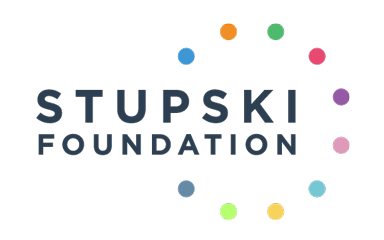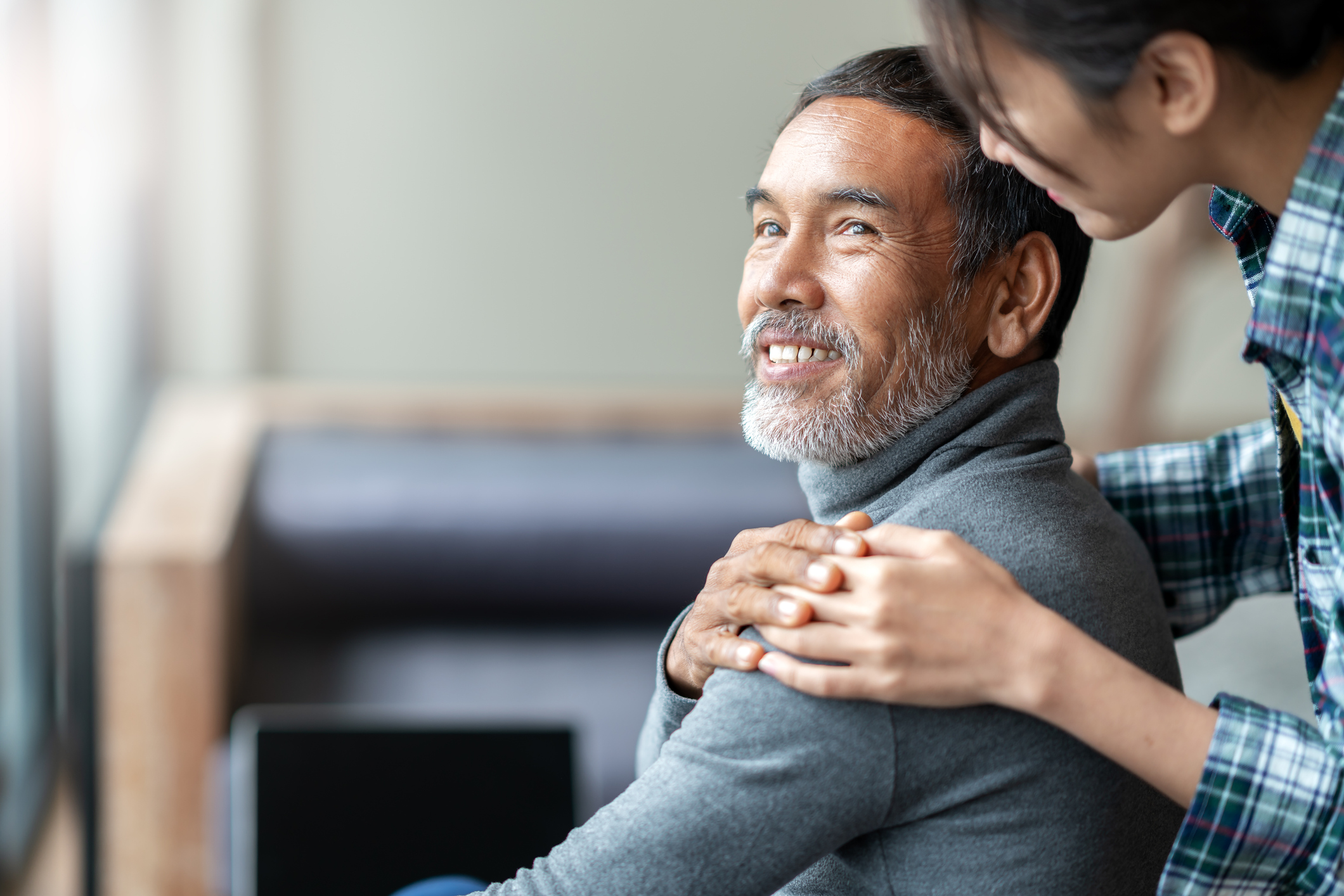Oct. 12, 2022
Contact: Claire Callahan, 415.655.4405
claire@stupski.org
When faced with a serious illness, we should all be able to receive support—where we need it and in the ways we need it—so we can live with dignity, comfort, and care for as long as possible. But deep-seated health care inequities and insufficient funding for local health care resources often prevent people of color from receiving the care they deserve. The COVID-19 pandemic has further exacerbated racial health disparities and increased the demand for serious illness care past the limits of U.S. health systems. In response, people of color living with serious illnesses and their caregivers have increasingly turned to the local resources they trust for support—community-based organizations (CBOs) rooted in their own communities.
As a funder committed to reducing racial disparities among people living with serious illness, Stupski Foundation believes it is important to resource CBOs to provide services to people facing the greatest disparities in care in the Bay Area, specifically Black, Chinese, and Latino communities. With deep experience and presence on the ground, community-led efforts build trust, facilitate meaningful engagement, and provide support in culturally and linguistically relevant ways that honor community members’ dignity. That is why we are excited to partner with AC Care Alliance, Self Help for the Elderly/All American Medical Group/Dignity Health, and Visión y Compromiso on three initiatives led by people of color that provide community-based care in Alameda and San Francisco Counties.
Meet our partners
Last year, we issued an open request for proposals to identify and grant $2 million to community-based serious illness care initiatives designed by and for Black, Chinese, and Latino communities. These communities often run into obstacles receiving responsive care and have endured historical harms from the health care system. To ensure those communities can get the care they need, we are proud to support the work of three CBO partners that provide serious illness care that includes advance care planning, caregiver support, spiritual and emotional support, health system navigation, linkages to palliative care, and social services. Learn more about how each organization will expand care within their communities through their three-year initiatives.
AC Care Alliance (ACCA)
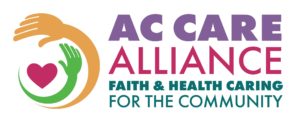
We are excited to continue our multiyear partnership with ACCA to expand its person-centered, community-based, and culturally embedded care model providing navigation, training, and tools from Alameda County into San Francisco. Through ACCA’s Advanced Illness Care program, San Francisco residents will receive wraparound advanced illness care support aligned with five program cornerstones: spiritual, health, social, advance care planning, and caregiving. Trained care navigators, lay workers who are members of the communities they serve, build trusting relationships with program participants who have advanced illnesses and their caregivers. They provide resources and referrals as well as tools and training to promote participant empowerment and specific coping skills, like communicating effectively with their primary care providers. Navigators help participants to improve their skills for accessing appropriate care, both within the health care system and through social and nonmedical services in the community. For communities that experience the greatest discrepancies in serious illness care, the need for these care navigators has only grown during the pandemic.

As ACCA’s Executive Director Cynthia Carter-Perrilliat explains, “Black and Brown communities experience a disproportionate burden of advanced illness, have less access to care that relieves suffering, and have lower completion of advance directives. This was only exacerbated with COVID-19. The ACCA Advanced Illness Care Program supports communities of color to advance equity and address health disparities. We continue to bridge gaps between the health, faith, and community setting and look forward to expanding our work to San Francisco.”
“ACCA is thrilled to use these resources to expand our work and services to persons needing care and caregivers in San Francisco. We recognize a serious illness diagnosis affects the totality of a person. Our program and Care Navigators build trusting relationships to support individuals through their mind, body, and spirit.”
Self-Help for the Elderly, in partnership with All American Medical Group (AAMG) and Dignity Health
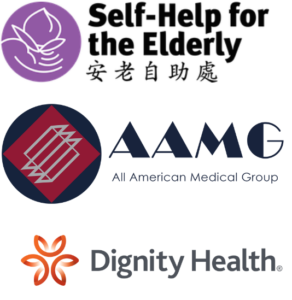 An integral community resource for seniors in San Francisco since 1966, Self-Help for the Elderly and independent doctors of AAMG will use grant funds to provide a culturally aligned serious illness care program focused on the needs of Chinese-speaking older adults in San Francisco. Through their program, they will use a “whole person approach” to reach people living with serious illnesses who do not receive care in large health systems and provide them care that emphasizes quality of life and patient autonomy. Their project will increase community advanced care planning, improve communication with hospitals, and develop culturally sensitive analytics to identify the people most at risk for developing a serious illness. Once identified, patients will be enrolled into a comprehensive care program that proactively provides them with existing resources.
An integral community resource for seniors in San Francisco since 1966, Self-Help for the Elderly and independent doctors of AAMG will use grant funds to provide a culturally aligned serious illness care program focused on the needs of Chinese-speaking older adults in San Francisco. Through their program, they will use a “whole person approach” to reach people living with serious illnesses who do not receive care in large health systems and provide them care that emphasizes quality of life and patient autonomy. Their project will increase community advanced care planning, improve communication with hospitals, and develop culturally sensitive analytics to identify the people most at risk for developing a serious illness. Once identified, patients will be enrolled into a comprehensive care program that proactively provides them with existing resources.
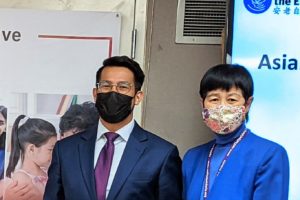
“For the first time, this grant allows AAMG physicians; Dignity Health Hospitals; and Self-Help for the Elderly, a community-based organization, to work closely together as one team to provide a coordinated approach to serving monolingual Chinese patients in the areas of palliative care, home health and hospice care, case management, and advance care planning,” shares Anni Chung, president and CEO of Self-Help for the Elderly. “Together, we can address the patients’ language and cultural barriers inside and outside the hospitals, apply our expertise, and bridge these gaps for the patients and their families.”
Visión y Compromiso (VyC)
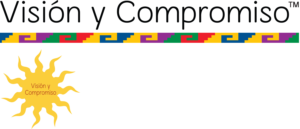
We are honored to support VyC’s work to develop a Promotoras Navigator Program for Latinos living with serious illnesses and their family member caregivers in Alameda and San Francisco Counties. VyC’s program, Con amor y dignidad/With Love and Dignity, is a care-centered holistic approach to wellness delivered by trained and trusted promotoras, local community leaders who provide servicio de corazon/service from the heart. Promotoras share similar characteristics as the community members they serve. With empathy, respect, and mucho amor, they provide information in culturally and linguistically specific ways to build community connections and increase access to local resources.
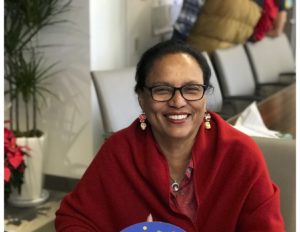
VyC Executive Director Mara Lemus says, “Promotoras lend a hand wherever they are needed, helping those who are sick and in need of care, food, or safe housing or even if all they need is someone to listen and hold their hand.”
Just as important as promotoras’ in-person work are the tools that VyC develops to support patients and their caregivers. Ongoing training curricula developed by VyC’s training and education department uses popular education to build promotoras’ skills and understanding about aging, dementia, Parkinson’s, chronic conditions, advance care planning, and more. VyC’s program supports three key areas:
- Bienestar/Wellness: Specially designed assessment tools, which promotoras deliver, evaluate physical, emotional, and spiritual wellness needs of both the person being cared for and the family caregiver.
- Resource Navigation: Promotoras navigate families to local resources based on their unique needs, i.e., nutrition programs, transportation services, health insurance enrollment, respite care, financial resources, and mental health services.
- Education, Advocacy and Support: Families receive education and support that prepares them to advocate for their needs through Caring for the Caregiver workshops, educational presentations on topics such as advanced care planning and end-of-life care, and ongoing social support groups.
Hopes for the future of community-rooted health care
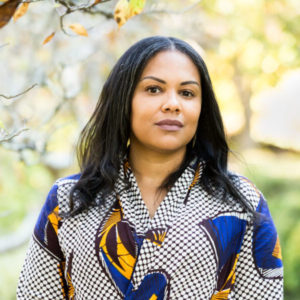
“Community-led health initiatives are essential and valued components of the overall system of care,” says La Roux Pendleton, MPH, Bay Area health program officer at the Stupski Foundation. “They create spaces to address the needs of a whole person or family—which is crucial in communities that move at the speed of trust. With these investments, our hope is that more intentional connections between community and larger health systems will yield better outcomes for communities of color that receive care in both.”
In collaboration with our grantee partners, we hope to:
- Gain insights into how to engage in conversations about often-taboo end-of-life and advance care planning topics across various cultures and languages; ways to access the financial resources of the health care sector to pay for community-based services; and how to build a sustainable nonmedical model for delivering these services.
- See more community-rooted organizations in the serious illness care ecosystem that are person and family centered, are culturally familiar, and feel safe—ultimately reducing barriers for people seeking care and support while also working to address the underlying causes of disparities.
- Create more connections and linkages between organizations who do this work across the Bay Area.
We believe in the work that our community-based grantee partners—ACCA, Self Help for the Elderly/AAMG/Dignity Health, and VyC—do to improve care, comfort, and quality of life for people living with serious illnesses and their families, and we’re looking forward to learning and working together. We encourage our peers in philanthropy to support the vital work that CBOs do to ensure all people living with a serious illness, particularly communities of color, can get the equitable and patient-centered care they deserve when they need it most.
Community-based serious illness care is a focus within Stupski’s larger serious illness care grant-making portfolio. Learn more about Stupski’s serious illness care work.
